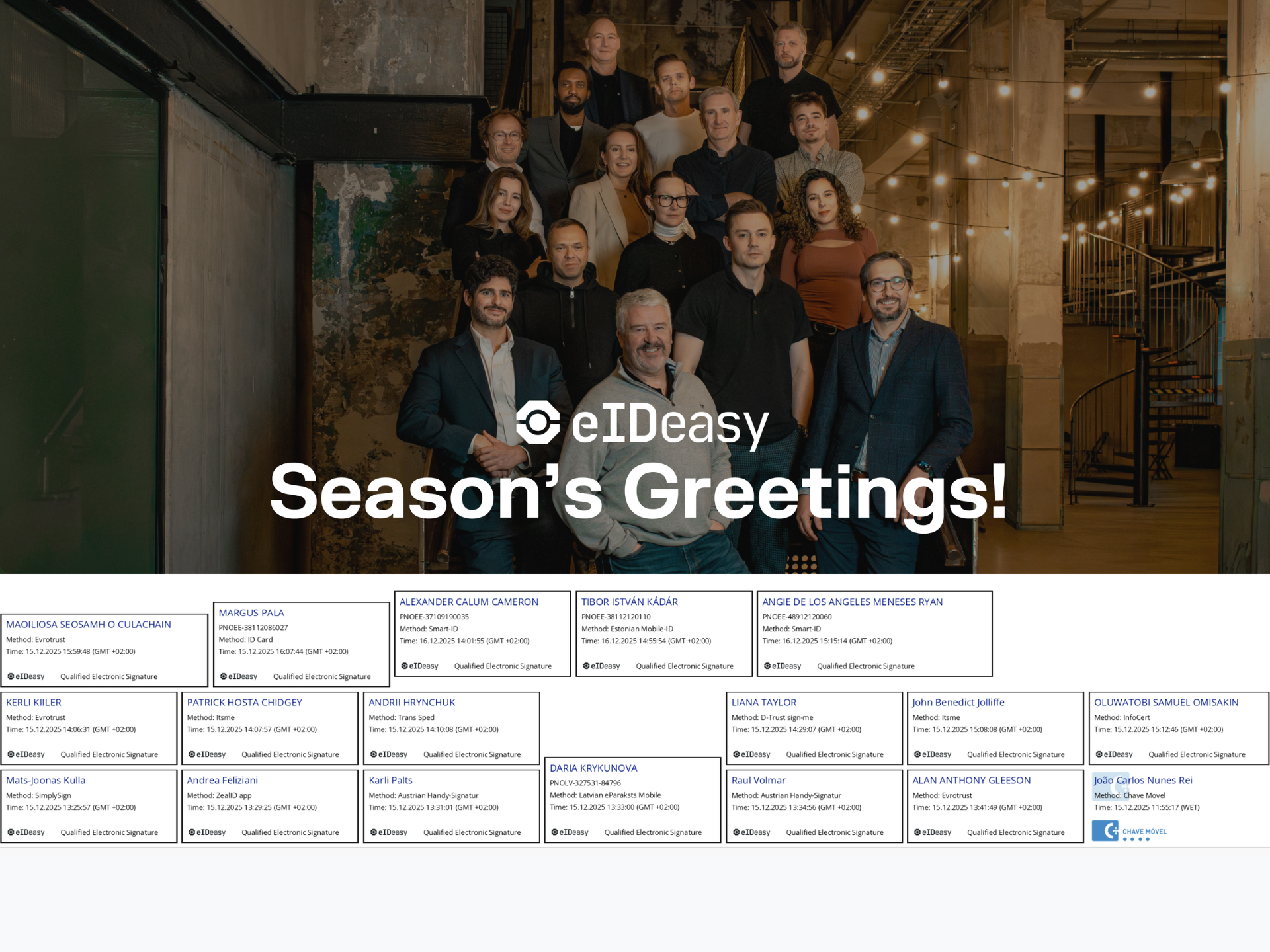Japan is making great progress in digitalization these days. While Japan was leading G20 in 2019, then one part of their agenda was Data Free Flow with Trust (DFFT) of which a part was international mutual recognition of qualified electronic signatures. In 2024, Japan has managed to phase out even floppy disks usage in government institutions
The European Union eIDAS framework and technical specifications are followed very closely in Japan and the aim is to get to same level with EU high level overview as can be seen from https://www.enisa.europa.eu/events/trust-servicies-forum-ca-day-2021/ca-day-presentation/07_sip-1-_soshi-hamaguchi.pdf.
In the end of 2023, EU and Japan signed an agreement to formalize the intention to, among other things, start mutual recognition of qualified electronic signatures https://ec.europa.eu/commission/presscorner/detail/en/ip_23_5378.
The Cloud Signature Consortium organized “Trust Without Borders” summit in May 2024 in Japan to further advance the cooperation https://cloudsignatureconsortium.org/csc-tokyo-summit-trust-without-borders/. eID Easy is one of the members of CSC and one of the founders, Margus Pala, was speaking at the Tokyo summit about the eID Easy experience in international qualified electronic signatures.
Most Japanese have a ‘My Number Card’ (マイナンバーカード) smart card, which goes together with a mobile app that interfaces with the card over the NFC to create locally accepted qualified electronic signatures. The My Number Card has authentication and a signature certificate. One of the main problems is that use of the card for private companies is restricted and allowed only for certain use cases, for example lawyers. The identification function is a bit more relaxed compared to signatures.
Certificates
My Number Card signature certificates are issued by Root CA that can be downloaded from https://www.jpki.go.jp/ca/ca_rules4.html Issuer details are:
ou=Japan Agency for Local Authority Information Systems
ou=JPKI for digital signature
o=JPKI
c=JP
Alternatively:
ou=地方公共団体情報システム機構
ou=公的個人認証サービス署名用
o=公的個人認証サービス
c=JP
Additional Information
More information and software downloads are available from the JPKI website https://www.jpki.go.jp/download/
JPKI has an open source Github repository at https://github.com/jpki/myna that provides interface with the My Number Card.
Currently Japan has a list of accredited Certificate Authorities, the J-TSL aka Japan Trusted List, which contains 9 institutions even though NTT and Mitsubishi are listed twice so there are only 7 different companies:
A full list and description is available from https://www.jipdec.or.jp/project/designated-investigative-organization/accredited-ca-list.html
Japan has an organization with the principal goal of promoting digital trust inside Japan and has members from all relevant industry players called “Japan Digital Trust Forum”.
Japan has many local electronic signature platforms and some bigger ones are listed here. Unfortunately the adoption of secure signatures is still extremely low; however, More recently their business is booming following changes in regulations that allow for more electronic documents and electronic signatures
- Vector Sign - https://es.vector.co.jp/
- CloudSign - https://www.cloudsign.jp/
- MoneyForward - https://biz.moneyforward.com/contract/basic/2531/
- Hubble Docs - https://www.hubble-docs.com/
- DocumentPlus - https://www.sei-info.co.jp/document-plus/column/electronic-contract/
- GMOSign - https://www.gmosign.com/media/electronic-contract/post-0023/
- Wan Sign - https://wan-sign.wanbishi.co.jp/
- SignTime - https://www.signtime.com/
- Freee - https://www.freee.co.jp/
- Sachihata - https://dstmp.shachihata.co.jp/
- Contracthub - https://www.marketing.nssol.nipponsteel.com/contracthub
- ContractS - https://www.contracts.co.jp/
Contract Minister - https://keiyaku-daijin.com/


